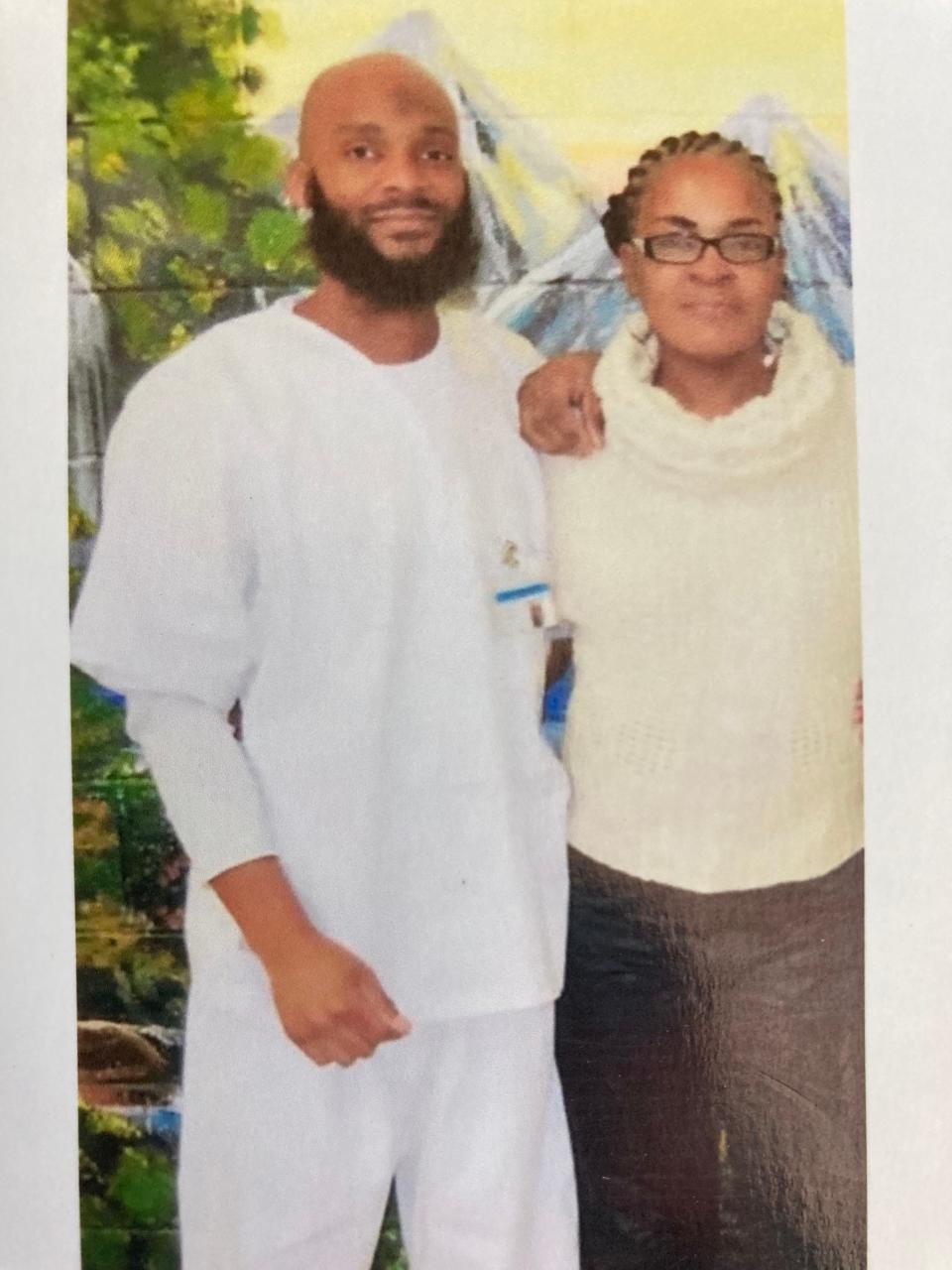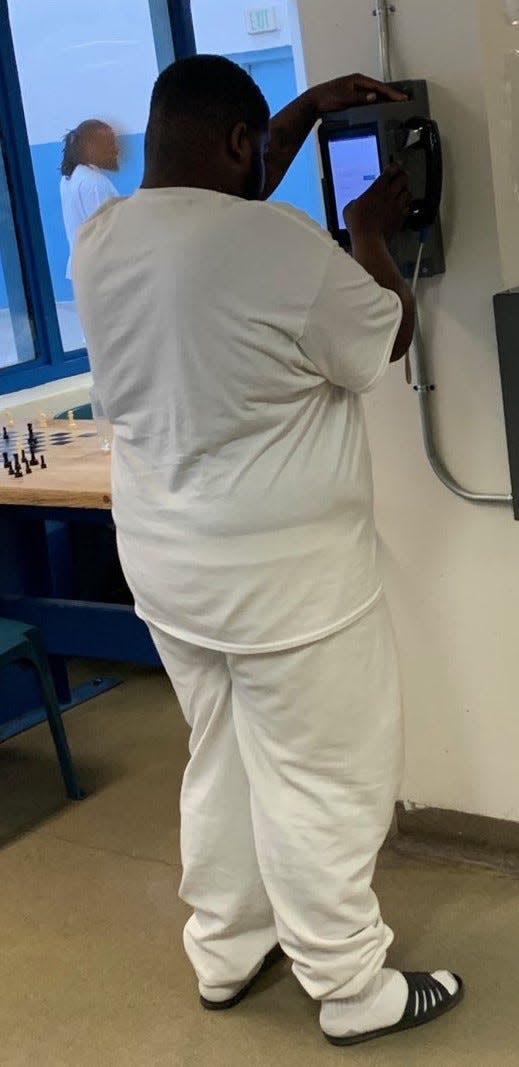DDOC stopped a prison boycott. Now, Delaware courts must affirm our First Amendment rights
On May 16, 2022, David Holloman, widely referred to as a role-model prisoner, was handcuffed and forced into solitary confinement at the James T. Vaughn Correctional Center in Smyrna. Holloman was confined to a solitary cell, known as the “the hole,” for 22 hours a day, deprived of rehabilitative and educational programs, and denied access to Muslim prayer services. Previously eligible for early release, he was stripped of his good time credit, disqualified from eligibility for early commutation of his sentence and moved permanently from the Good Behavior Building where he has been living without an infraction for two years.
His offense? Exercising his First Amendment right to boycott a billion-dollar company.
It is no accident that freedom of speech is the first freedom mentioned in the First Amendment of the U.S. Constitution. Our freedom to express ourselves is the hallmark of a democratic society. From the American Revolution to the Civil Rights Movement, our constitutional right to boycott is an inseparable part of our history and an instrumental tool in creating a more just society. This notion was further cemented in the 1982 Supreme Court decision in NAACP v. Claiborne Hardware Co., which ruled that ruled collective, non-violent protests are constitutionally protected under our First Amendment right to free speech and expression on public issues.

For the weeks leading up to the incident, Holloman had been working to organize a peaceful boycott of GlobalTel Link, a private, for-profit corporation with a nationwide monopoly on the tablets used by incarcerated individuals to stay in touch with loved ones. Despite reports of unreliable tablet services, GTL’s exorbitant, per-minute usage charges allow it to reap millions of dollars in revenue through contracts with tax-payer funded state prisons. Exploiting a primary channel of connection for incarcerated individuals and their loved ones for profit— especially considering many of those in Delaware prisons come from low-income communities — is predatory.
After several failed attempts through the few avenues to engage in filing complaints and peaceful activism within prison walls, Holloman’s planned boycott was not only innovative and courageous, it was also quintessentially American, given our nation’s long history of peaceful boycotts. Delaware Department of Corrections officials’ actions to suppress his right to boycott are at their worst blatant constitutional violations, and at their best a deeply unsettling attack on American values that should concern us all. If this disproportionate retaliation is allowed for a planned boycott, that never even occurred, of a private corporation and for which there is no evidence of disruption to the facilities' operations, are there any limits on what is permissible in the name of "penological interests"?

While DDOC officials were quick to link their retaliatory and punitive actions against Holloman to the JTVCC Building C uprising in 2017, previous incidents cannot be accepted as justification for present day violations — particularly against an individual with five years of good behavior and non-violent intentions. According to Holloman, a correctional officer stated the excessive punishment was a form of “deterrence,” an opportunity for DDOC to use him as a warning to others who might dare to engage in constitutionally protected actions. Holloman’s planned boycott neither disrupted penological goals, nor endangered DDOC officials or other incarcerated individuals. DDOC officials instead violated Holloman’s First Amendment rights, prolonging his punishment now for over a year.
Earlier: This Delaware prisoner boycotted internet and got punished. Now, ACLU is taking his case
More: What happened when a Delaware prisoner tried to boycott the internet behind bars
Amid a nationwide attack on our civil rights and growing calls for censorship and suppression from classrooms to courtrooms, our First Amendment rights have come under enormous pressure and Holloman’s case proves just that. Delaware has an opportunity to prove that constitutional rights must apply to all if they’re going to be preserved for all.
That’s why we’re asking the Federal District Court of Delaware to reaffirm the true foundation of our First Amendment rights. Denying justice for Holloman is denying all Delawareans, incarcerated or not, our constitutional right to peacefully advocate for a better future without fear of retaliation.
Dwayne Bensing is legal director for the ACLU of Delaware.
This article originally appeared on NorthJersey.com: David Holloman: Delaware prisoner's first amendment rights violated

